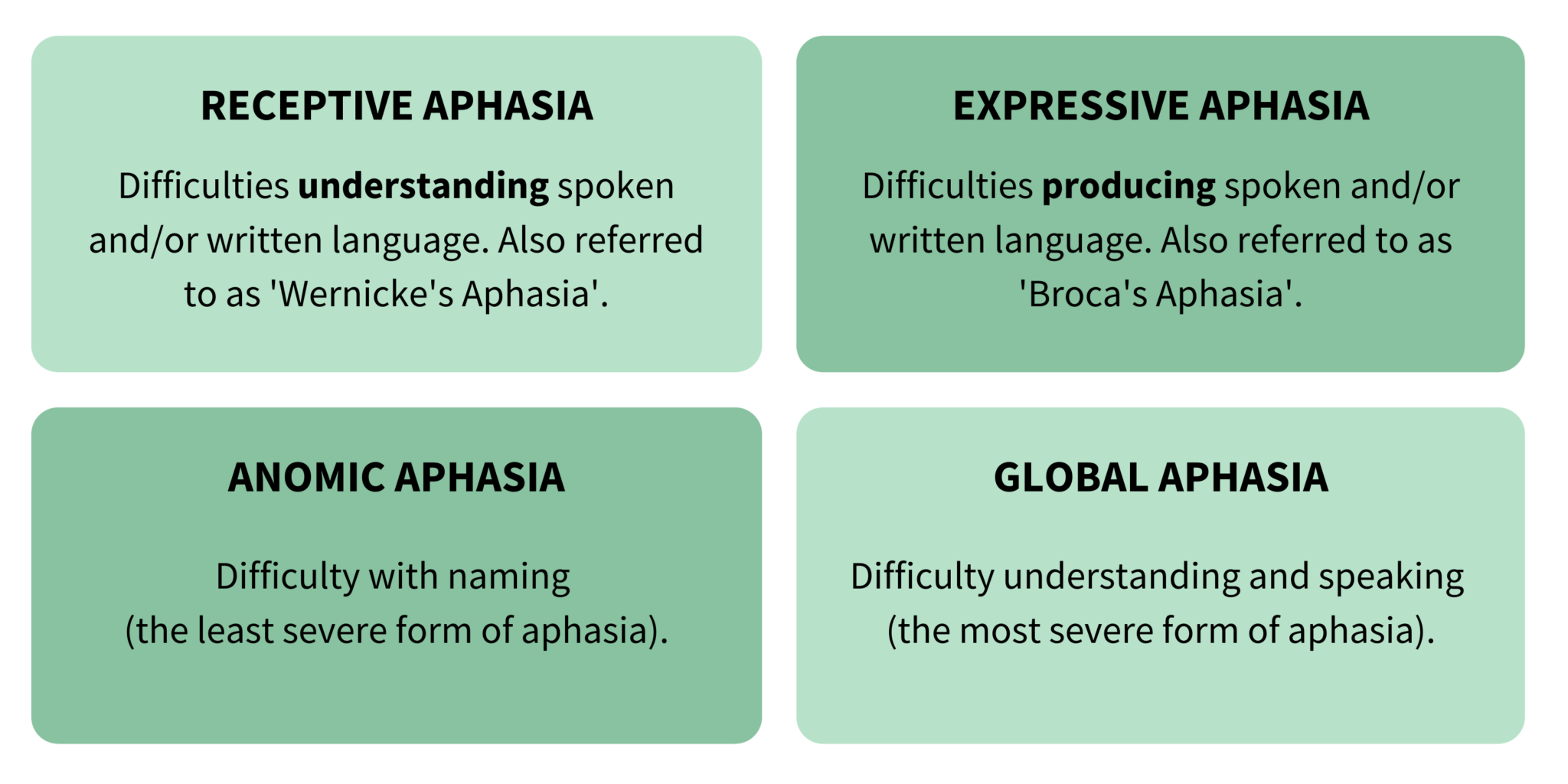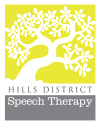What is Aphasia?
Aphasia is a problem with using and understanding language (words and sentences) when speaking, reading and/or writing. It is most commonly caused by brain injury from stroke but also may be caused by brain injury from tumours, infections or progressive neurological disease. There are different types of aphasia which affect people differently on a scale from mild to severe challenges. People with aphasia often know what they want to say but have difficulties expressing their message. Therapy is tailored to the person’s specific abilities and needs. It often involves a combination of rehabilitation and compensatory strategies.
What causes Aphasia?
Aphasia can occur as a result of any damage to the left side (for those who are right-handed) of the brain by stroke, brain injury, brain tumours, progressive neurological disease.
What are the Features of Aphasia?
Aphasia affects language NOT intelligence. People with aphasia often present with difficulties:
- Speaking
- Finding words or naming objects
- Putting words together to make sentences
- Understanding what others say (including processing long sentences and less familiar words)
- Reading and/or writing
- Completing mathematical tasks
What are the Common Forms of Aphasia?

Approximately 1 in 240 Australians have some form of Aphasia.
Our 5 top tips for Communicating with Someone with Aphasia
- Give them time to speak
- Support your message with drawings, writing, gesture and facial expression to help the person understand you
- Talk to them as you usually would
- Involve them in everyday activities and family decision-making
- Encourage independence and avoid doing things for them
For more tips, click on this informative video from the Stroke Association!
What do we Offer?
Our Speech Pathologists are trained to comprehensively assess the speech, language, reading, writing and swallowing skills of clients with suspected Aphasia. We also offer 1:1 and group intervention for those diagnosed with Aphasia. Treatment is tailored to the person’s specific abilities and needs, and often involves a combination of rehabilitation and compensatory strategies. We also work collaboratively with the client, their family and support network to set therapy goals, train communication partners to support the client’s needs, and facilitate their re-entry into the workforce/educational setting, and/or leisurely activities they enjoyed prior to the onset of their aphasia.
